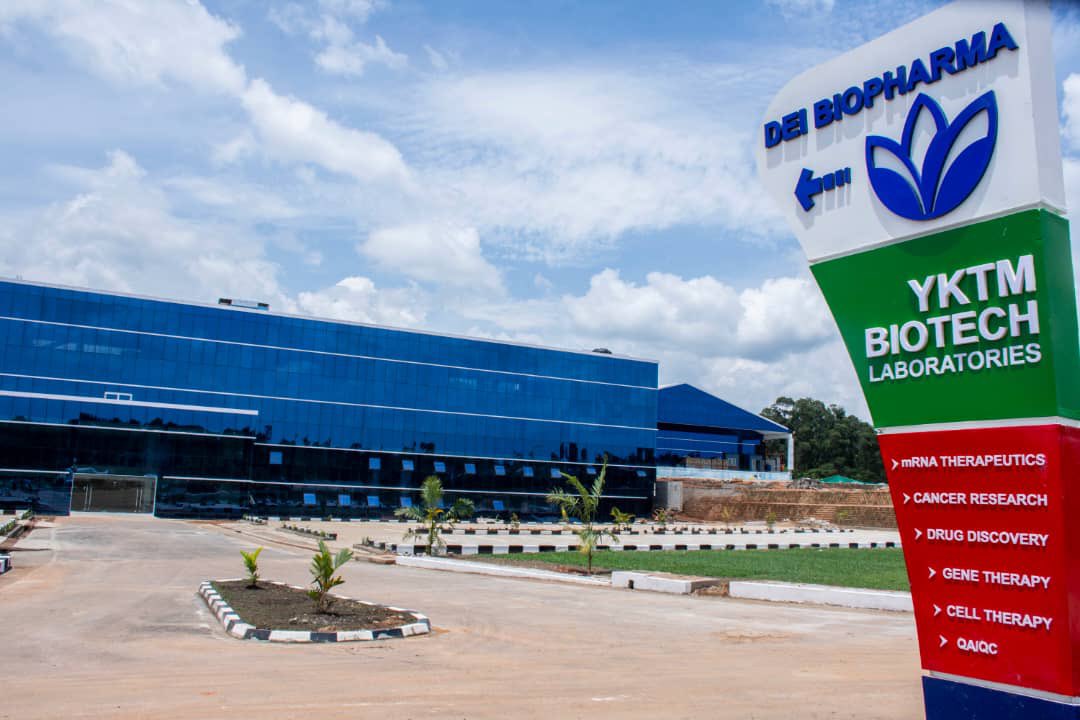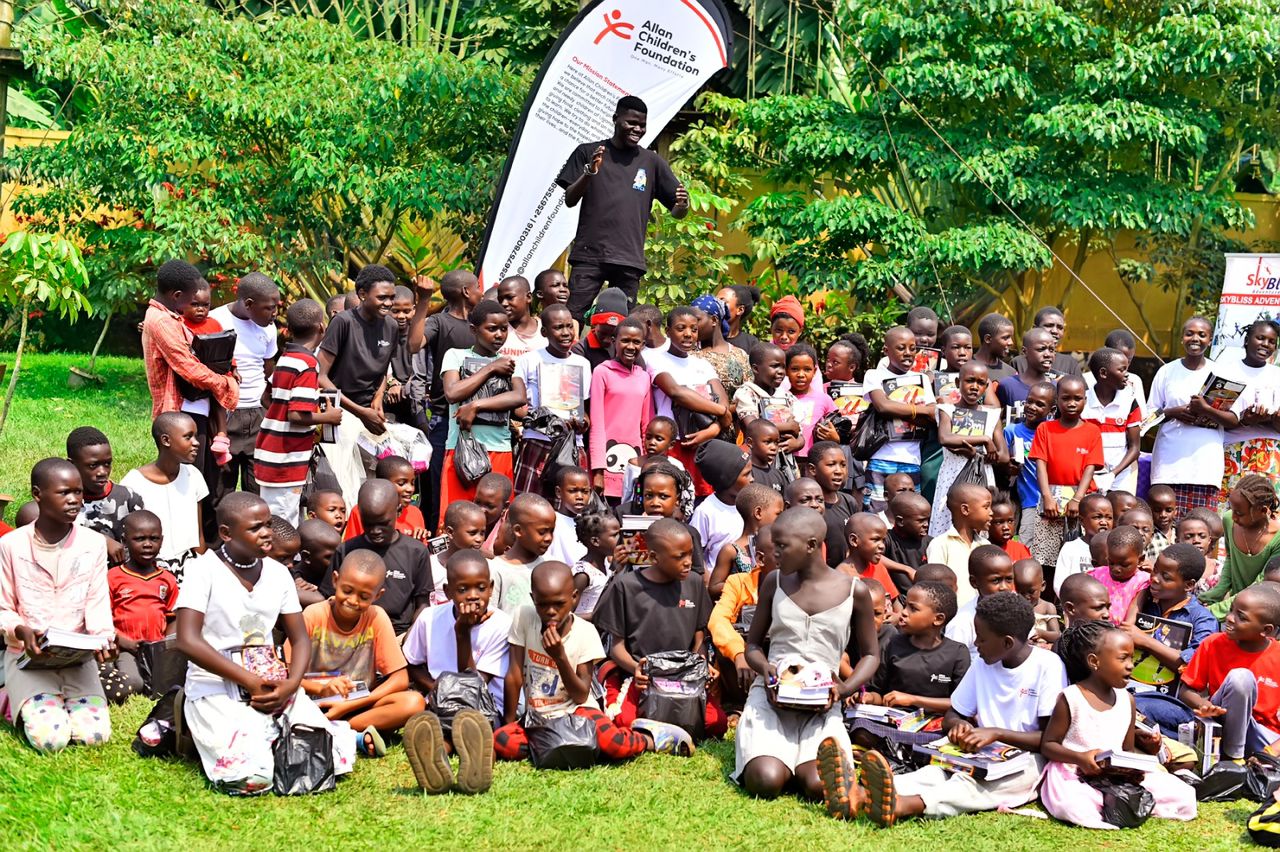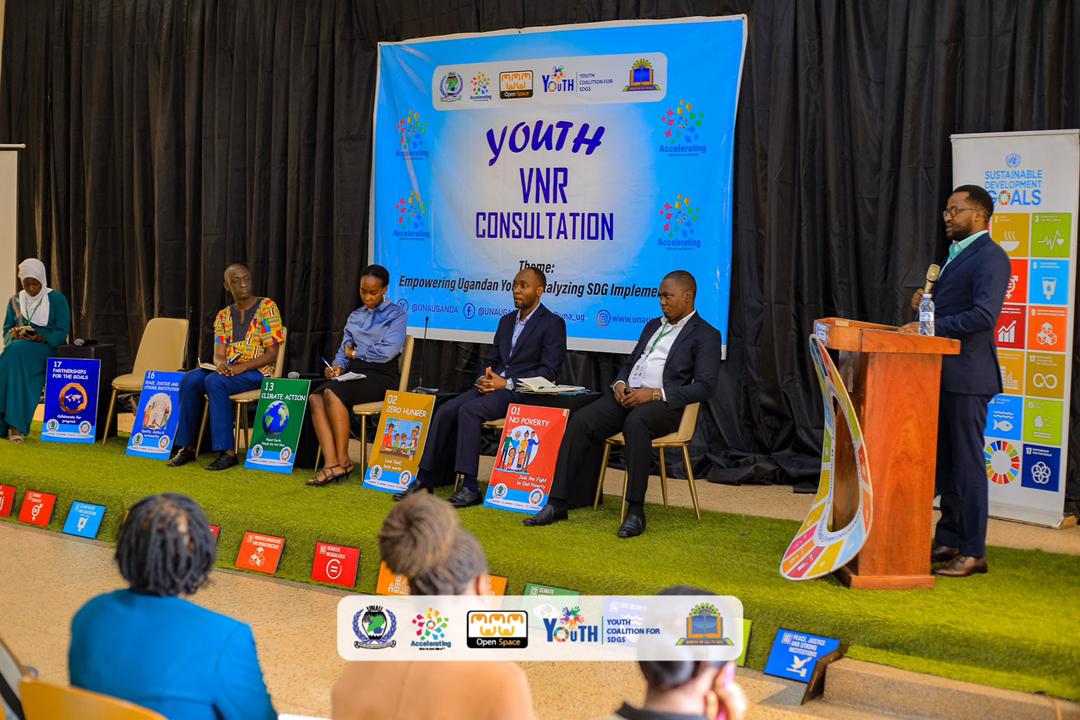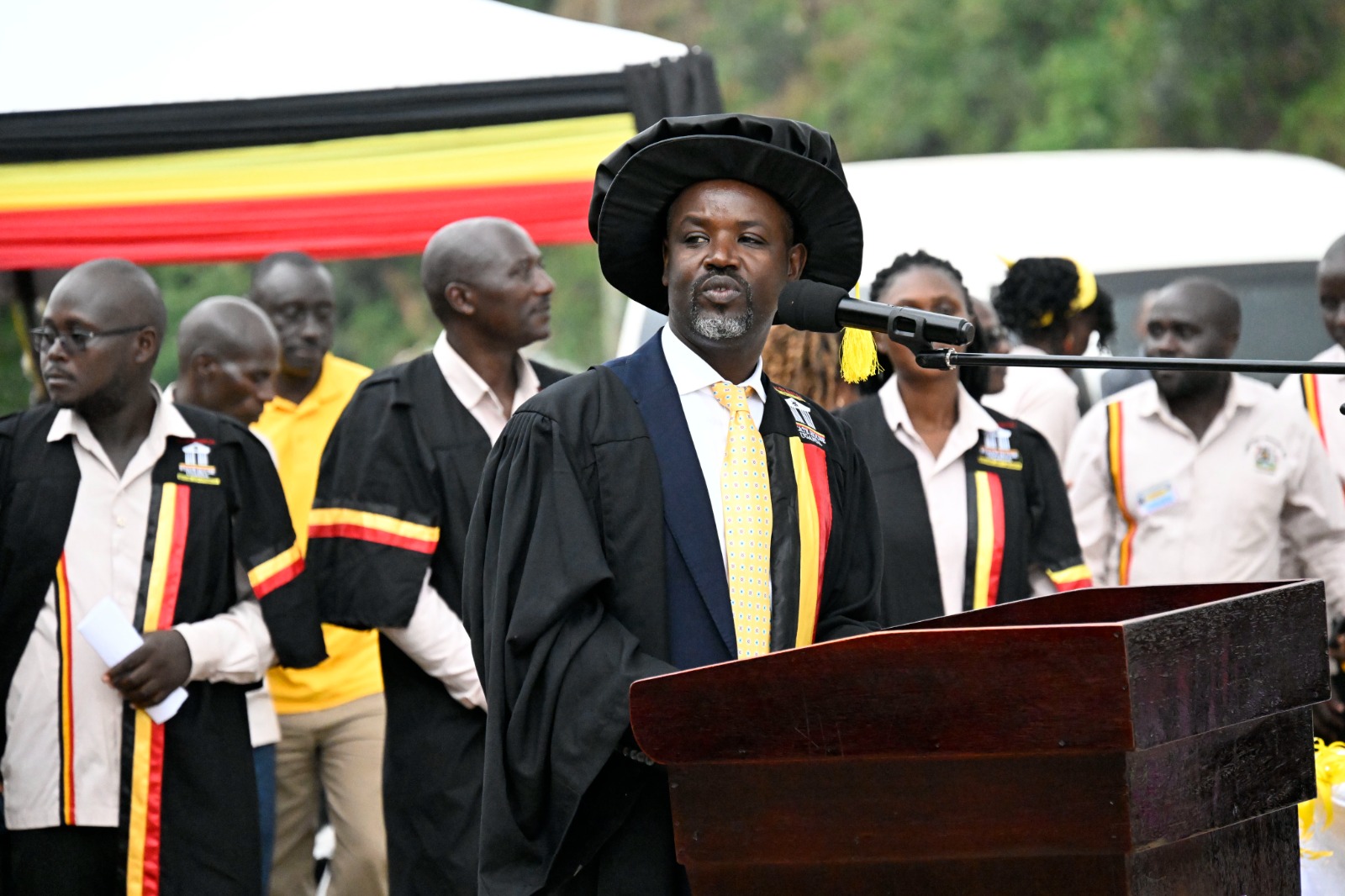Facilitation for government leaders to be increased
On June 26 the ministry of Public Service through its permanent secretary announced it will be reverse the rates of allowance facilitating due to the increasing cost of living.
According to Catherine Bitarakwate, the ministry’s permanent secretary; “The revised rates will take effect 1 July, 2018 and will be accommodated within the available budgetary provision for 2018/2019 Financial Year.”
Keep Reading
The statement which highlighted some of the political leaders whose facilitation will increase include the; Vice president whose night facilitation will increase from 210.000 to 500,000 shillings, the chief Justice’s facilitation will increase from 195,000 to 480.000 shillings.
This comes as the ministry of Finance introduced new taxes that it suggested would be going towards infrastructure development.
Some of the proposed taxes include:
INCOME TAX
1. Introduce an alternative minimum tax of 0.5% of annual gross income for companies that post losses for 7 consecutive years. This is expected to raise Shs 7 billion.
2. Introduce 10% final withholding tax on commissions by telecommunication companies to mobile money and airtime agents - this will raise 11.3 billion.
3. Reinstate corporation tax on Saccos - this will generate Shs 10 billion.
4. Strengthen the effectiveness of the current limitation of excessive interest deduction - to generate Shs 14,5 billion.
5. Impose tax on direct or indirect sale of an asset connected to Uganda by a non-resident - this is expected to generate Shs 5 billion.
6. Apply withholding on all winnings in sports betting and gaming - this will generate Shs 15 billion
7. Enforcement of 1% withholding tax on persons engaged in agriculture - to generate Shs 15 billion.
8. Align tax treatment of returnable containers used by manufacturers - to generate Shs 5 billion.
EXCISE DUTY
1. Introduce equivalent tax rates for ad valorem rates on spirits and wines - to generate Shs 5 billion
2. Introduce excise duty on opaque beer (kibuku) - to generate Shs 2.3 billion
3. Impose 15% excise duty on all juices including powders - to generate Shs 1 billon.
4. Impose Shs 200/litre excise duty on cooking oil - to generate Shs 3 billion.
5. Harmonise excise duty of 12% on all telecomm services - to generate Shs 30 billion.
6. Increase excise duty on diesel and petrol by Shs 100/litre - to generate Shs 196.4 billion.
7. Increase excise duty on mobile money and bank charges from 10% to 15% - to generate Shs 45 billion.
8. Impose Shs 200,000 excise duty on motorcycles at first registration - to generate Shs 8 billion.
9. Levy 1% levy on mobile money - to generate Shs 115 billion.
10. Impose Shs 200 daily levy on over the top (OTT) i.e social media - to generate Shs 284 billion.
VAT
1. Foreign based remote service providers to account for VAT in Uganda - to generate Shs 5 billion.
2. Exclude goods for private use from the scope of the payment provisions - to generate Shs 10 billion.
3. Oblige MDAs (ministries, departments and agencies) to withhold VAT on their purchases - to generate Shs 40 billion.
4. Carry forward VAT offsets - to generate Shs 30 billion.
Non-Tax Revenues (NTR)
1. Increase motor vehicle first registration from Shs 1.2 million to Shs 1.3 million - to generate Shs 4 billion.
2. Environmental levy to include goods vehicles over 5 tonnes - to generate Shs 20 billion.
3. Ban of motor vehicle imports - to generate Shs 182 billion loss.
CUSTOMS
1. Common External Tarrif (CET) adjustments - to generate Shs 50 billion.
2. Impose export levy of $0.4 (about Shs 1,500) per kilogram of wheat, maize, rice. cotton - to generate Shs 20 billion.
As most of these taxes took effect yesterday 1 July 2018, the biggest pinch has been felt on social media and mobile money tax as the 1% levy on taxes hit most users. With some sections of the public threatening to take the government to court.
Some sections of Ugandans have expressed dissatisfaction in the manner in which the government continues to tax Ugandans without improving service delivery; the case of the increment of facilitation for public servants can be seen as such.



















